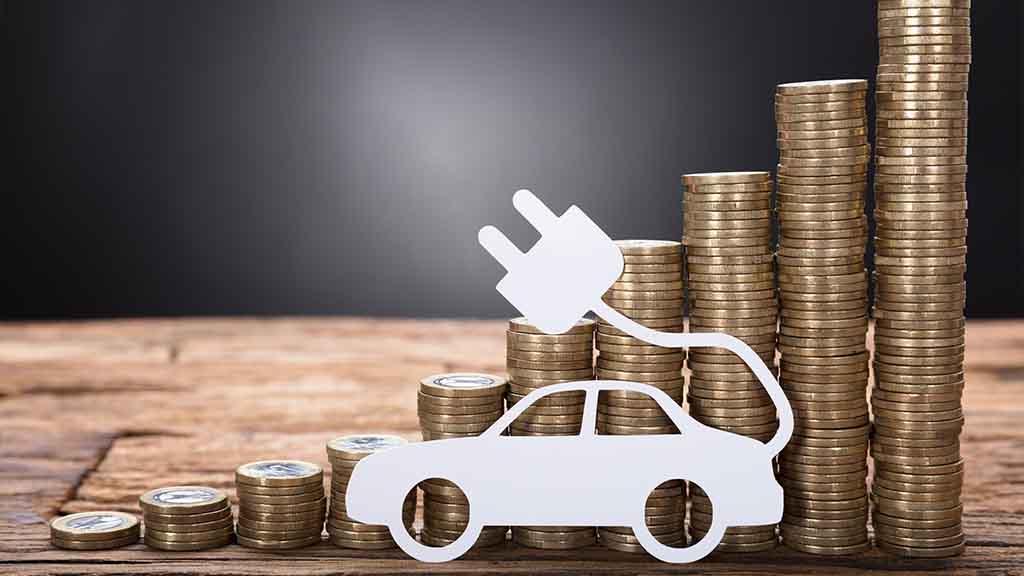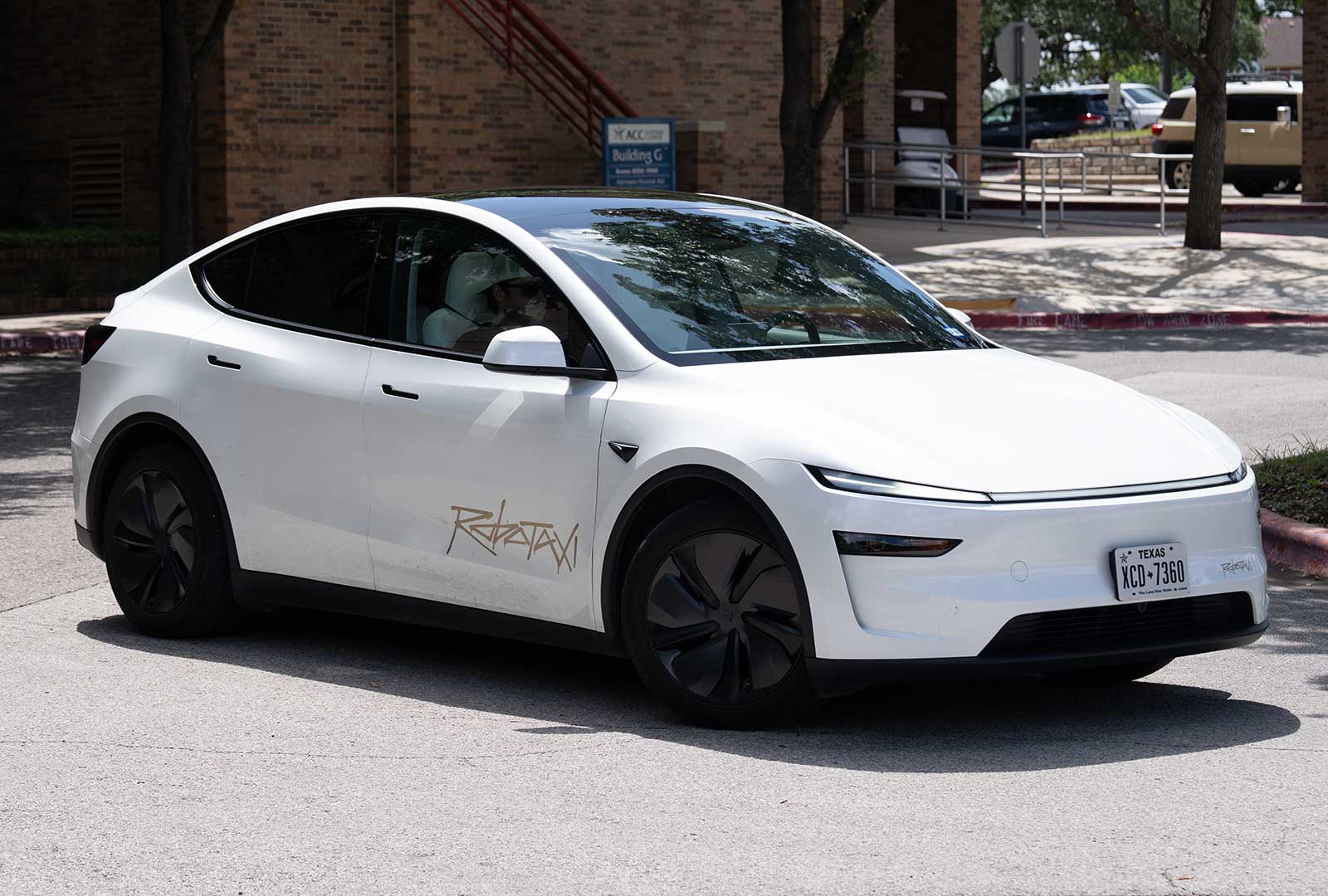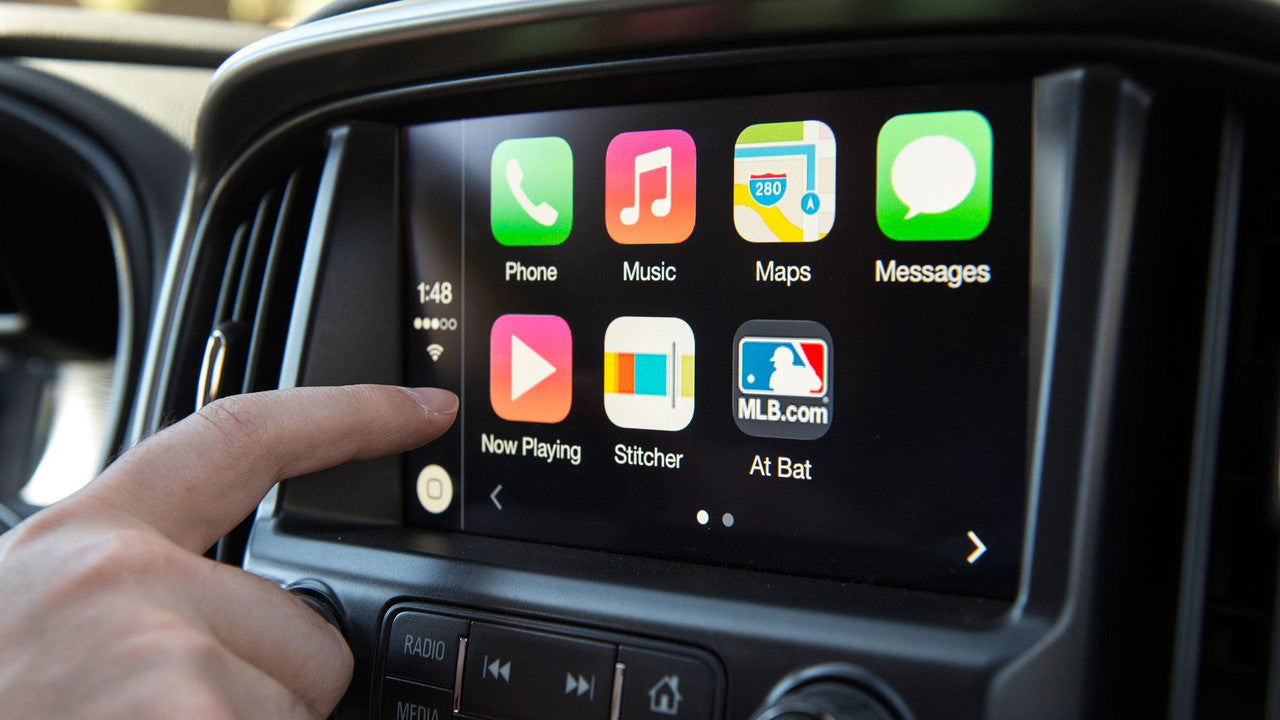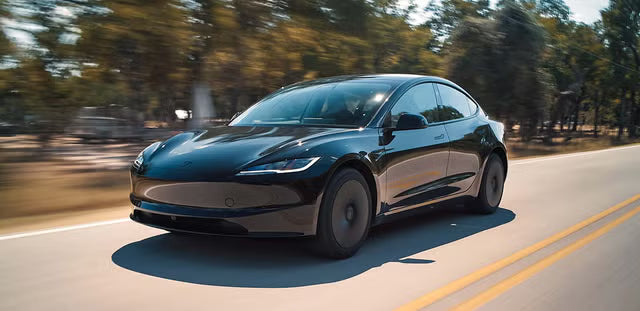As lawmakers debate new strategies to fund America’s aging transportation infrastructure, a controversial proposal has emerged at the center of the discussion: a $250 annual federal fee for electric vehicle (EV) owners, plus $100 for hybrid vehicles. Backed by the Trump administration, this fee is framed as a solution for road repair funding and a mechanism to offset the cost of new tax cuts. But critics warn it’s a legally unprecedented and economically regressive move—one that could turn back the clock by more than two centuries.
A Modern Tax Built on Outdated Logic
According to a Washington Post column published earlier this week, there’s no comparable consumer tax in U.S. history. No other product—from appliances to electronics—is retroactively taxed for mere ownership years after purchase, regardless of use. Yet, the proposed EV fee applies to all electric vehicles on the road, including those bought years ago and barely driven.
That’s what makes this measure so unusual. Gasoline drivers pay taxes at the pump in direct proportion to fuel consumed. But the EV fee has no connection to usage, emissions, or vehicle value—it’s simply a flat charge for ownership, applied annually. In that sense, the policy resembles an 18th-century relic: George Washington’s Carriage Tax, a tax once imposed on horse-drawn carriages viewed as symbols of wealth.
But today’s EVs are no longer luxury outliers. Prices are falling, used EVs are widely available, and leasing options make them more accessible than ever. Targeting them as if they’re elite status symbols is not just misguided—it’s historically tone-deaf.
A Regressive Hit on Working Families
Analysts agree that EV drivers should help pay for the roads they use. But a flat $250 fee is out of proportion—especially when compared to the average gas driver, who pays around $100 per year in federal gas taxes, depending on mileage and vehicle efficiency.
That imbalance becomes more severe when combined with existing state-level EV fees. In New Jersey, where EV owners already pay $250 annually, the federal surcharge would double the cost to $500. California tacks on an extra $100, and Georgia drivers pay $211 for non-commercial plug-in vehicles.
Chris Harto, senior policy analyst at Consumer Reports, called the proposal a “punitive tax designed to confiscate fuel savings from families trying to make smart financial choices.” He’s not alone in that view. Critics argue that the fee disincentivizes EV adoption at a time when the U.S. should be accelerating its transition to cleaner transportation.
The Real Fiscal Problem Lies Elsewhere
Even if the federal EV tax is implemented, it won’t fix the underlying crisis: the Highway Trust Fund is running dry because the federal gas tax—18.4 cents per gallon—hasn’t increased since 1993. In real terms, inflation has gutted its value. Rather than modernize the gas tax or implement a more equitable usage-based road pricing model, this proposal puts the burden on a growing class of environmentally conscious drivers.
Some lawmakers are doubling down. Senator Bernie Moreno has proposed raising the EV fee to $500, and increasing the hybrid fee to $250. This comes even as the bill also seeks to repeal federal EV tax credits, undermine state emissions standards like those in California, and scale back manufacturing incentives tied to clean energy.
A Tax That Sends the Wrong Signal
In an era of rising climate concerns and record-breaking heatwaves, penalizing EV ownership sends the wrong message. Electric vehicles help reduce local air pollution, lower fuel costs, and cut greenhouse gas emissions. Yet this proposal treats them like luxury excesses, divorced from the public good they increasingly represent.
If Congress truly wants a fair solution, it should look toward usage-based road taxes, not blanket fees that punish even the most modest EV owner. After all, a tax rooted in the legacy of 18th-century carriages is no blueprint for America’s 21st-century transportation future.
See more blogs and news about EV Tax on EVDANCE official website.








Share:
Best EV Lease Deals and Financing Offers in June 2025
The Proposed Federal EV Tax Would Penalize Efficiency—and Seniors the Most